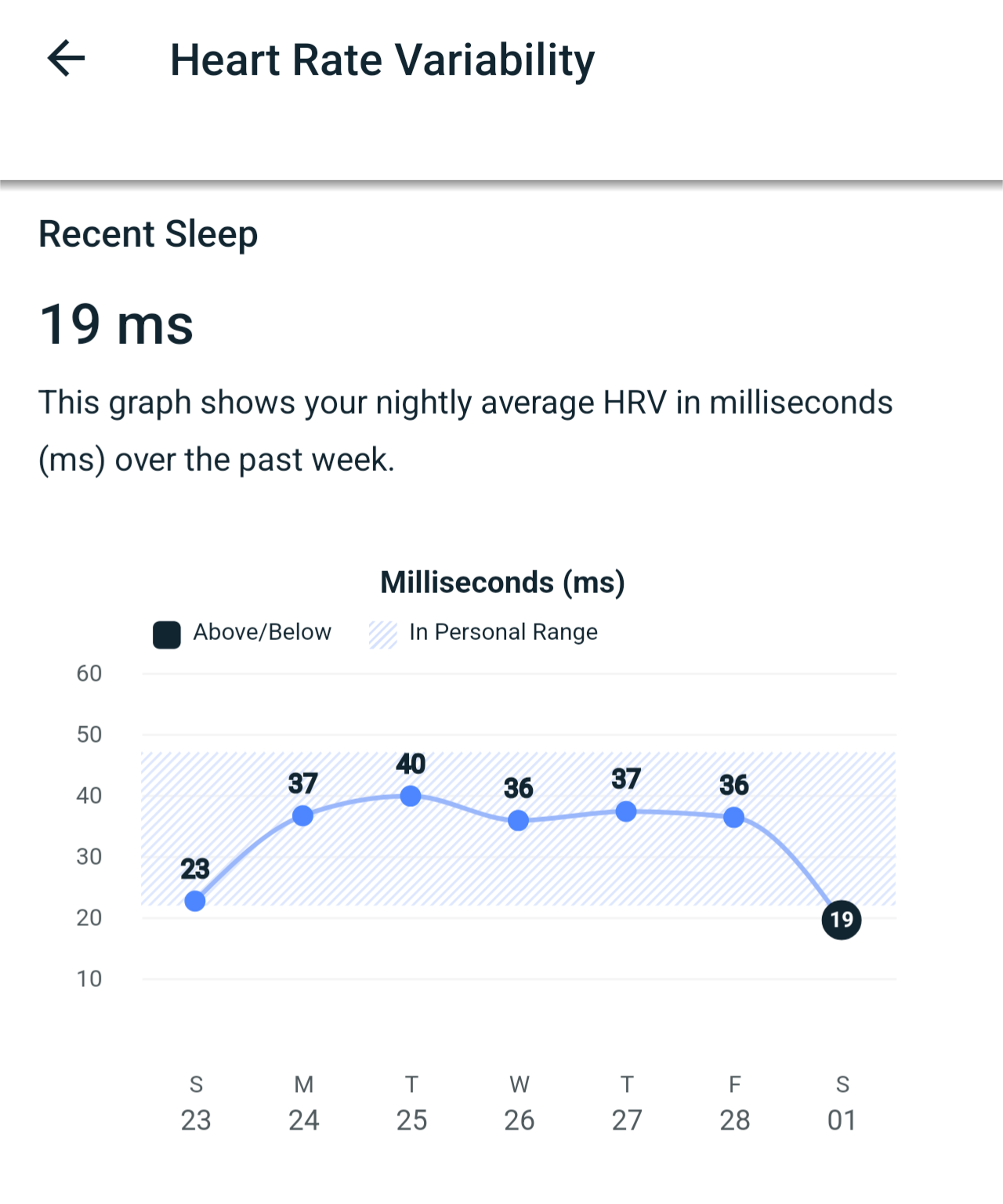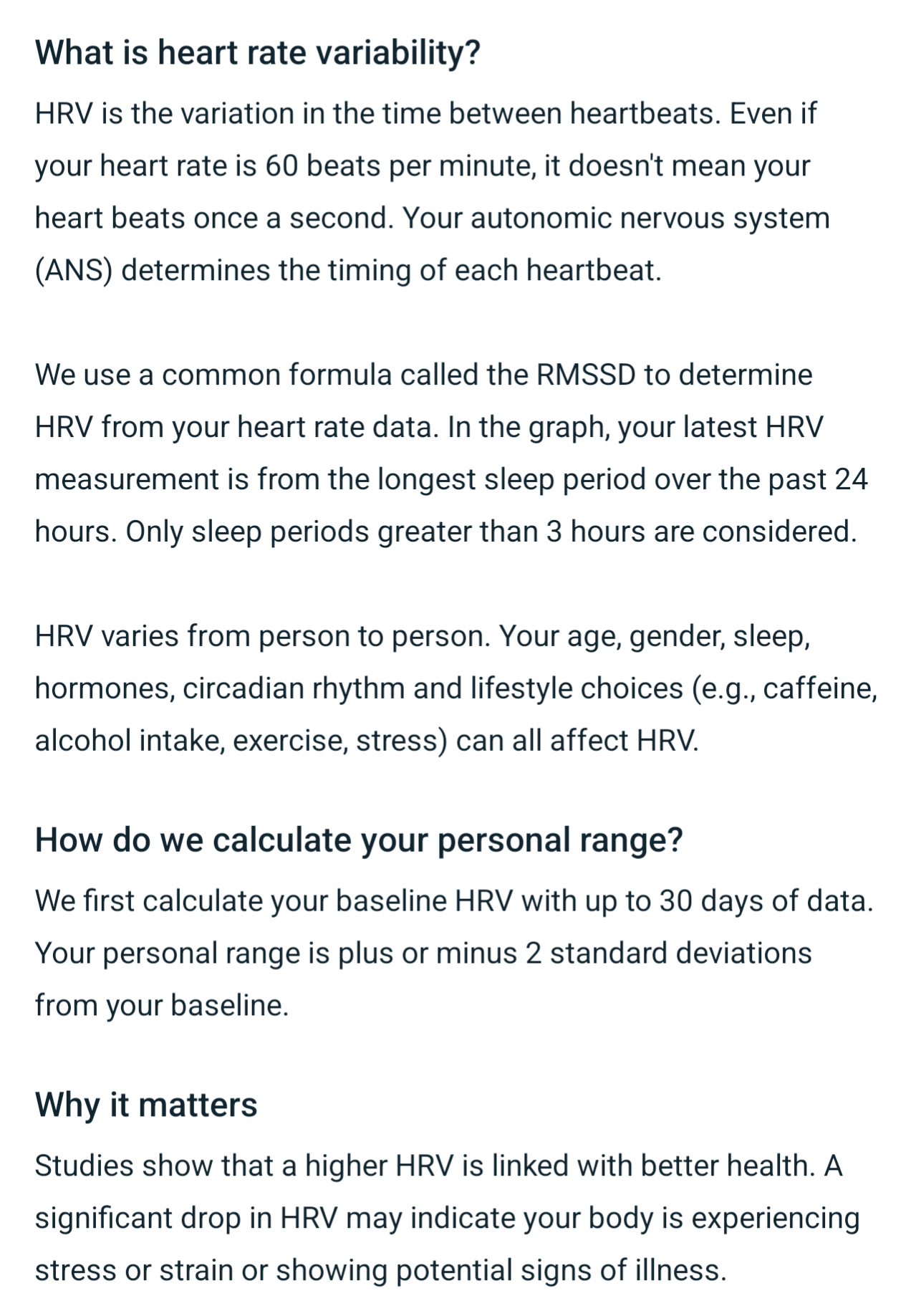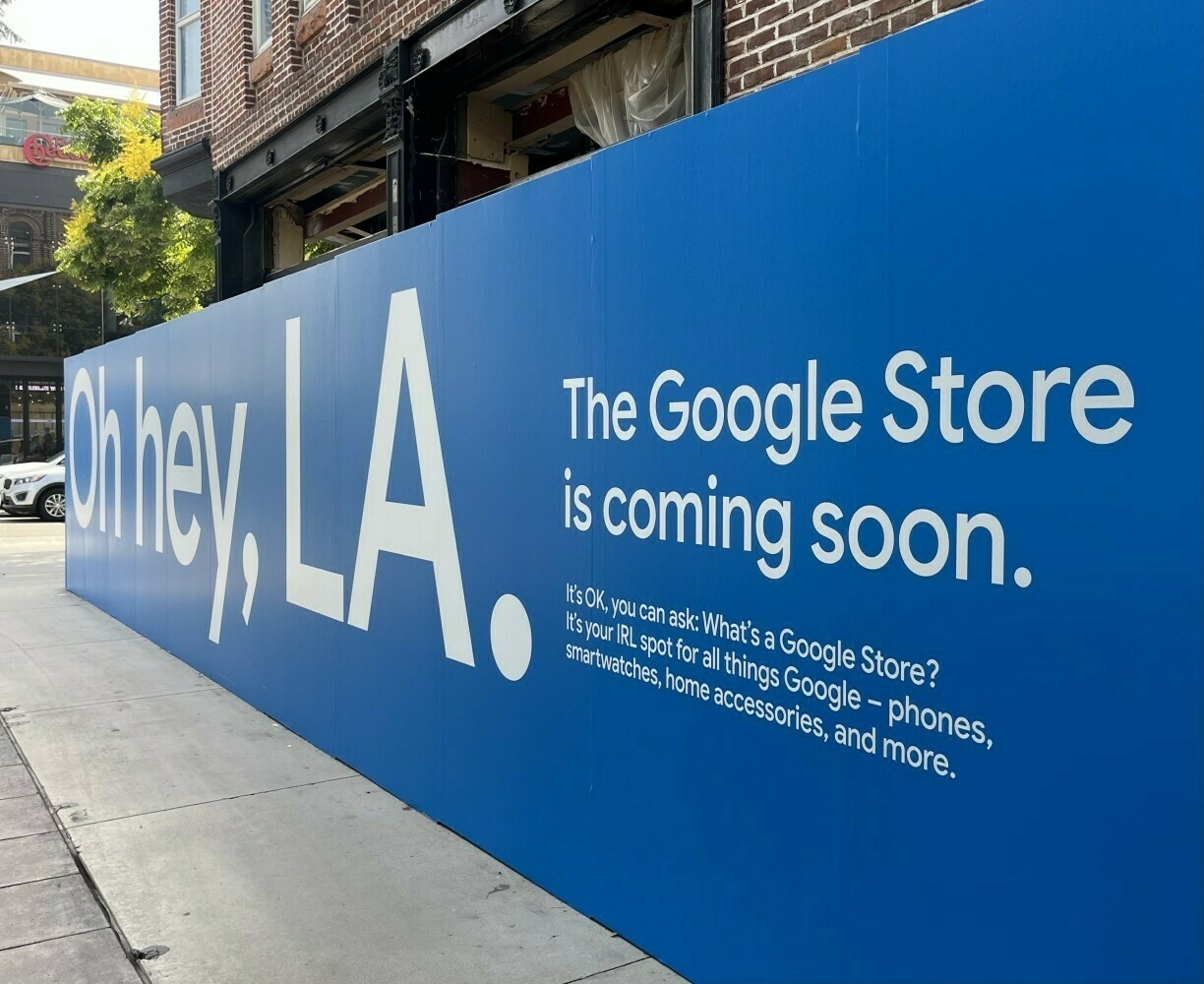Category: Google
You are viewing all posts from this category, beginning with the most recent.
Pixel 9 Pro is The Best Smartphone of 2024 According to Market Analysts
Pixel 9 Pro wins ‘Smartphone of the Year’ award, Google’s second in a row 🏆🏆
MWC Barcelona explains more about the category and the criteria:
The Best Smartphone award combines outstanding performance, innovation and leadership as determined through assessment of smartphones on the market during the period January 2024 to December 2024, by world leading independent analysts, journalists and influencers.
There’s no surprise here, but it’s important to know that the Pixel 9 Pro was up against the Galaxy S24 Ultra and the iPhone 16 Pro Max which are the best offerings on both of the mobile operating systems.
The judges nominate and select the shortlist for the category, based on the following criteria:
- Physical design and innovation
- Device performance and form factors
- Genuine new innovation deployed e.g. in form factor, technology, features
- Product usefulness in terms of functionality and features
- Price point and perceived value for money
- Commercial success in global territories
- User experience, quality & reliability
- Environmental and sustainability credentials
- On-going commitment on support e.g. software upgrades
All judges come from market research companies with larges amounts of global data that could present proper judgement on these criteria:
Judges
- Amber Liu, Canalys
- Kiranjeet Kaur, IDC
- Carolina Milanesi, Creative Strategies
- Nabila Popal, IDC
- Richard Lai, Independent
- Ben Wood, CCS Insight
- Zaker Li, Omdia
- Prabhu Ram, CyberMedia Research
- Leo Gebbie, CCS Insight
- Abhilash Kumar, TechInsights
- Varun Gupta, Counterpoint
- Francisco Jeronimo, IDC
125 million YouTube Music and Premium subscribers globally
Lyor Cohen, Global Head of Music, YouTube:
I’m thrilled to announce that with your partnership, we’ve reached 125 million YouTube Music and Premium subscribers globally, including trials – an incredible milestone that many laughed off as impossible when we first launched. This momentum is critical to our goal of becoming the No. 1 contributor of revenue to the industry, and we won’t stop until we get there.
I don’t mean to have an “I told you so” attitude, but…
Today, we’re also introducing our newest Labs experiment for Search: AI Mode.
Sundar Pichai on Threads:
You’ll get AI responses using Gemini 2.0’s advanced reasoning, thinking, multimodal capabilities + new ways to explore even more of the web. We’re rolling out AI Mode to Google One AI Premium subscribers today, opt in on Labs. And just like AI Overviews, AI Mode will get better with time and feedback.
A pretty big shakeup to the web and how search on the web works. Placing AI directly on one of the most popular websites on the planet is a great way to train your AI for even more advancements.
March Pixel Drop, RCS on more iPhones, and the end of an Android era
Some were big surprises and others were long awaited catch-ups. It wasn’t all boring though. Google announced the latest March Pixel Drop with a lot of useful tools and features for the Pixel family of devices ranging from Pixel 6 to the latest Pixel 9 Pro Fold, Pixel Watch, and Pixel Tablet. Last, but certainly not least, the Android journey looks to have come to an end for longtime Android engineer and engineering director Romain Guy. If you’ve been living under a rock, Romain Guy has been such an important engineer to the fundamentals of a lot of Androids toolkits that we have today.
Today was certainly one for the books, but there’s certainly more exciting things to come in the near future.
For a full breakdown of the March Pixel Drop, I suggest checking out In depth Tech Reviews breakdown on YouTube.
Pixel Sense: Google's On-Device AI Leap
“Experience fast and intelligent help, no matter if you are online or offline ”, “Your data stays private—visible only to you, not even Google can see it.”
Kamila Wojciechowska at @AndroidAuthority gained access to a pretty hefty @GooglePixel leak and it’s everything I’ve been looking forward to in a smartphone. Apple level privacy with Google level usefulness. From the sound of everything in the leak, it sounds like Google is looking to bring its version of Apple Intelligence to its Pixel 10, but calling it “Pixel Sense”. I absolutely love the name. Obviously it’ll be powered by Gemini, but with it being completely on-device (🤯) and private, it sounds like Gemini Nano will be at the steering wheel, making all the data processing across all Google apps on Pixel 10 happen swiftly and privately on-device.
My suspicion is that the driving factor for this is speed, privacy is just the blessing result of on-device processing. A good example of this is Gboard’s Assistant Voice typing and Proofread feature. At this point, Google already has a Scrooge McDuck level of user data locked up in an encrypted vault. It’s now all about making your data more universally accessible to you. It sounds like the latest evolution of that is making our own personal data even more useful and quickly accessible to us. It sounds awfully similar to what Apple announced at WWDC'24, a whole year ago, that has yet to even be released on the latest iPhone 16 models. And rumor has it, by Mark Gurman, that the iPhone won’t even see that until 2027. . Also something to consider is that this is something OpenAI won’t be able to do anytime soon until they make their own hardware. Unless Apple, Samsung, or any other hardware makers decide to give OpenAI’s ChatGPT access to secure enclaves.
The Green Bubble Divide: Are Google's Texting Ads Working?
Online dating has become commonplace. For some Android users, the initial exchange of phone numbers or text messages can be a source of anxiety, as some Apple iPhone users, even in 2025, may hold prejudices against Android devices. When that infamous green bubble appears on an iPhone, some iPhone users are conditioned to disdain the sender, regardless of the prior conversation’s quality or the individual’s profile appeal. Gen Z members of my production team have explicitly stated that they would decline to date an individual solely based on their use of an Android phone, irrespective of other positive qualities.
This issue is largely confined to North America, prompting Google to enlist Keke Palmer for a campaign addressing this prejudice during the recent Valentine’s Day. The ad begins with a man preparing to respond to a “Heyyyyy” text from “Sarah.” The display clearly indicates “RCS chat with Sarah” and “RCS Message,” highlighting the use of Rich Communication Services. The ad emphasizes the ability to send reactions and high-resolution images, features previously unavailable between Android and iPhone. Notably, KeKe Palmer dismisses the man’s concern about Sarah being an iPhone user being a problem with an eye roll, mirroring the sentiments of my Gen Z team members.
It’s a peculiar dynamic, and Google’s investment in educating consumers about the benefits of RCS is commendable. I wonder if Google might further amplify this message by showcasing couples like my wife and me, who found and maintain a loving relationship despite our differing phone preferences. My wife, an iPhone user, expresses a desire to switch to a Pixel, but is hindered by her iMessage group chats.
Perhaps this “green bubble” bias reveals a deeper societal issue: a tendency to judge others based on superficial technological choices. In a world increasingly reliant on digital connections, it’s worth considering the limitations we inadvertently impose through brand loyalty and platform preferences. Google’s campaign, while lighthearted, serves as a timely reminder to embrace inclusivity, even in our texting habits. After all, meaningful connections transcend the color of a chat bubble.
I hope that in the future, judging someone based on their phone choice will become as antiquated as using a rotary phone. I have to ask, are these ads working?
I’ve been feeling a little cold/flu come along. It’s so cool how the Google Pixel Watch is able to detect that my body is fighting an illness before I start to show symptoms.


Unpopular Opinion: ChromeOS is really good for everyday computing needs. Especially when synced to an Android device.
I like that I can take a photo on my Pixel and then it’s automatically available on my Chromebook. Similar to how it works on a Macbook and iPhone.
Google's Santa Monica Store: A Step Forward, But Is It Enough?

Google’s latest retail venture lands in sunny Santa Monica, California, with an official launch date of March 7th, as reported by 9to5Google:
“As teased at the end of Made by Google 2024 in August, a Google Store is coming to Santa Monica and will open Friday, March 7. This is Google’s sixth retail location and will be the second in California after Mountain View. It’s located at 1460 3rd Street Promenade, Santa Monica, CA 90401 and will open on Friday, March 7 at 10 a.m. PT."
While this is the closest Google Store to me since moving from the East Coast, it’s still a hefty 300+ miles away. This makes me wonder: Where’s Google’s ambition? Back in 2001, Apple boldly declared plans to open 50 stores in a single year. Apple proudly trumpeted this achievement in a newsroom press release:
“CUPERTINO, California—November 25, 2002—Apple® opened its 49th and 50th retail stores in the U.S. this weekend, with new store locations in Denver, Colorado and Emeryville, California. The Company now has stores in 24 states in the U.S., with a retail location within 15 miles of 85 million people, about one third of the U.S. population.” - Apple Newsroom
“We’re thrilled to have reached our 2002 goal of 50 retail stores in the U.S. in time for the holiday shopping season,” said Ron Johnson, Apple’s senior vice president of Retail. “Our stores are a great place to shop for hot holiday gifts like iMacs and iPods.”
Six stores in four states in nearly five years? This sluggish pace suggests a stark contrast to Steve Jobs’s retail vision back in 2001. Jobs understood that retail was about more than transactions; it was about education and experience. He envisioned Apple stores as hubs for learning about computers, the internet, and Apple’s ecosystem. Google has the same opportunity.
Google Stores could be dynamic spaces for exploring ChromeOS, the power of AI, and the breadth of Google’s offerings. In today’s tech landscape, Google is uniquely positioned to lead in this space. Why, then, the hesitant rollout of just six stores in under five years?
Google's Pixels are Apple's TVs
“Google treats its entire Pixel portfolio like Apple treats Apple TV hardware. They make the best parts of it available on other platforms, greatly reducing the perceived value of their own hardware. Why switch to a Pixel when almost all of Google’s apps are available on iOS? Why switch to an Apple TV box when the TV app and iTunes Store are built into your “smart” TV?”
This is something I’ve understood for as long as owning a Google Nexus. I’ve always wondered how Google approaches hardware development, especially given their lack of the kind of exclusive ecosystem that Apple cultivates. Even other Android OEMs have some unique features. That just wasn’t Google’s culture in building its products. Google is synonymous with software, encompassing products like Search, YouTube, Gmail, and Android. We’re nearing the 10th generation of the Google Pixel. Hiroshi Lockheimer’s prediction that “eight years from now we’ll be talking about Oct 4, 2016” has already passed. October 4th, the release date of the original Google Pixel, was what many, including myself, assumed he was referencing. However, it’s now 2025, nearly ten years later, and Google’s Pixel has only achieved a 4% market share, according to Counterpoint Research. However, it still feels like gaining market share in their hardware isn’t Google’s main goal. News broke from 9to5Mac analyst Aaron Perris that Google’s Gemini AI is coming to iOS next to Siri in a future update. Echoing Gruber’s analogy, this demonstrates Google making its key Pixel features available on other platforms.
I think Google needs to better articulate the value proposition of the Pixel to its existing customers, let alone attract new customers in carrier stores. Perhaps a renewed focus on hardware exclusivity, or a clearer articulation of Pixel-specific benefits, is needed.